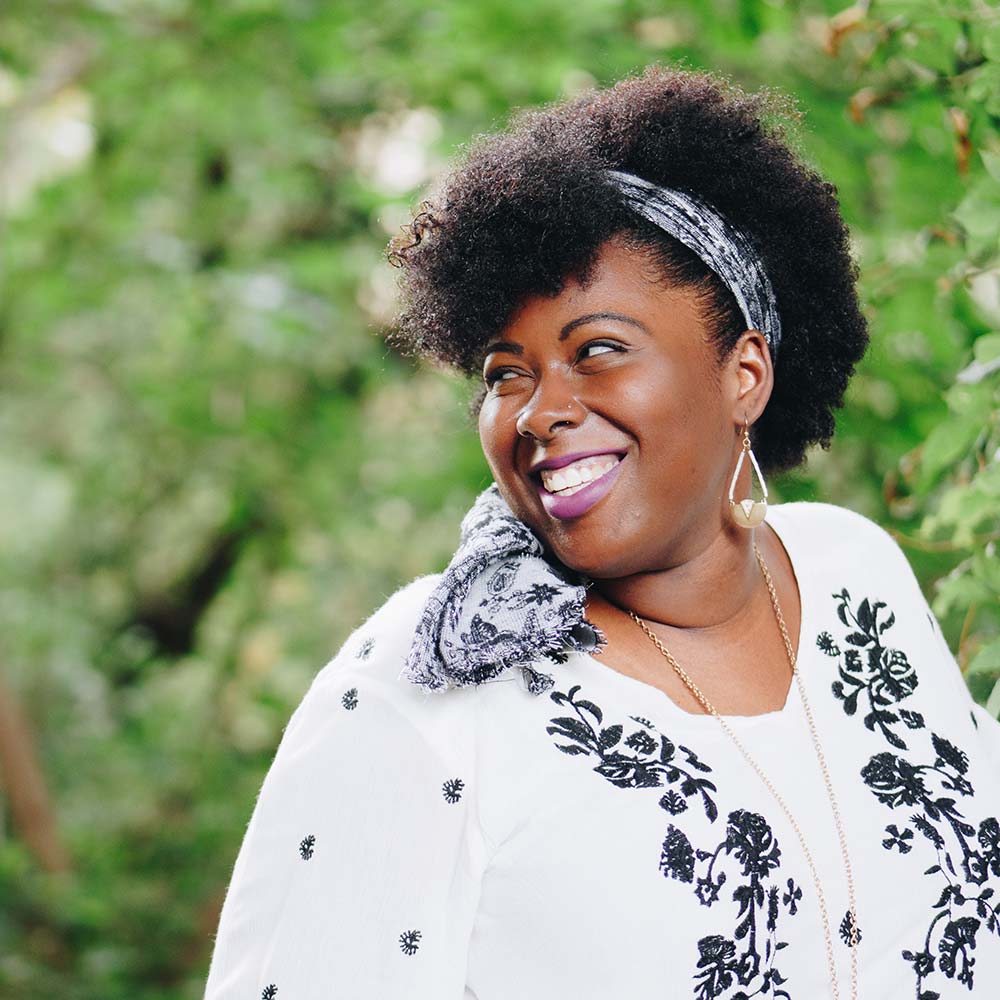Lessons Learned: Black Community Health Leaders Look Beyond Resiliency and Towards Health Equity
In honor of Black History Month, Made to Save hosted a panel discussion with Black community leaders and medical experts about the lessons they have learned while working within their local communities to get information access and resources about the COVID-19 vaccine to their community members. This conversation shed light on the unique challenges our panelists and their respective organizations have faced in their communities, as well as the unique culturally responsive strategies that have proven effective for vaccine outreach and equity.
During this panel, three Made to Save grantees—Michigan United, Project H.E.L.P. MRC, and the Power Coalition for Equity and Justice–spoke to more than 200 attendees about the work of their individual organizations, pandemic relief, and beyond.
You can watch the entire panel below:
https://youtu.be/oPz6GaaoHZU
Jess Montgomery (MTS Deputy Director) and Terryn Hall (Regional Program Director) kicked off the conversation by offering some historical context on the COVID-19 pandemic within the Black community. They discussed how the pandemic disproportionately affected the Black community, accounting for 52 percent of Covid diagnoses and 58 percent of deaths. Reasons for this discrepancy include the fact that Black Americans are more likely to work in “essential” positions, there are barriers to access to health care, loss of employment, and historical racism within and general distrust in the healthcare system. As of today, 76.2 percent of Black Americans have received 2 doses of the Covid vaccine–which is in line with the national average–but there is still a 10 percent gap between Black and White adults for the booster.
Then, the conversation shifted into how the COVID-19 pandemic impacted local communities and what we need to do to achieve health equity in black communities.
Dr. Latressa Gordon, the Flint Public Health Nurse Coordinator with Michigan United, began by emphasizing the profound impacts of the pandemic. After seeing the devastating effects the pandemic had on the African American community, public health navigators and nurse coordinators sprang into action to decrease the rates of infection, hospitalization, and death.
Dr. Tom Ellison, the Medical Services Director and Principal Investigator at PROJECT H.E.L.P. U.S.A., echoed Gordon’s sentiments about health disparities by stating that when the vaccine was first approved the only way to get a shot was to sign up for an appointment online. This acted as a major barrier for those living in rural areas, and Ellison and his team knew they had to act. In partnership with Alabama State University, they registered people who did not have the resources on their own, and organized transportation services to take people to vaccination centers.
Morgan Shannon, Director of Strategic Partnerships from Power Coalition for Equity and Justice, expanded on the disproportionate impact of the pandemic on Black and Brown folks. She explained that the pandemic only added to the multiple levels of oppression and insecurities at play. In order to address the multiplicity of needs, Shannon and her team organized “Red Bean Mondays” whereby a local church offered a hot plate of food and cans of red beans to those in need. While they waited in line for their apportionment attendees received information on COVID-19 and the vaccines.
All three panelists agreed on the importance of dispelling myths, deconstructing misinformation campaigns, and validating Black and Brown Americans’ distrust in the healthcare system. They believe that trusted messengers play a vital role in helping people strengthen their health literacy and increasing vaccination rates amongst both adults and their children. Familiar congregational sites, such as places of worship and sporting events, also proved to be especially effective conversion centers because families are all together, feeling a part of their respective communities.
One major takeaway from this panel discussion was that we need to meet people where they are. We cannot expect people to prioritize researching vaccine efficacy rates over providing a meal for their child, or to forget the history of public health institutions’ abuse against the Black body. We must provide easily accessible opportunities for people to voice their concerns, ask their questions, and receive vaccinations if they feel so inclined.
